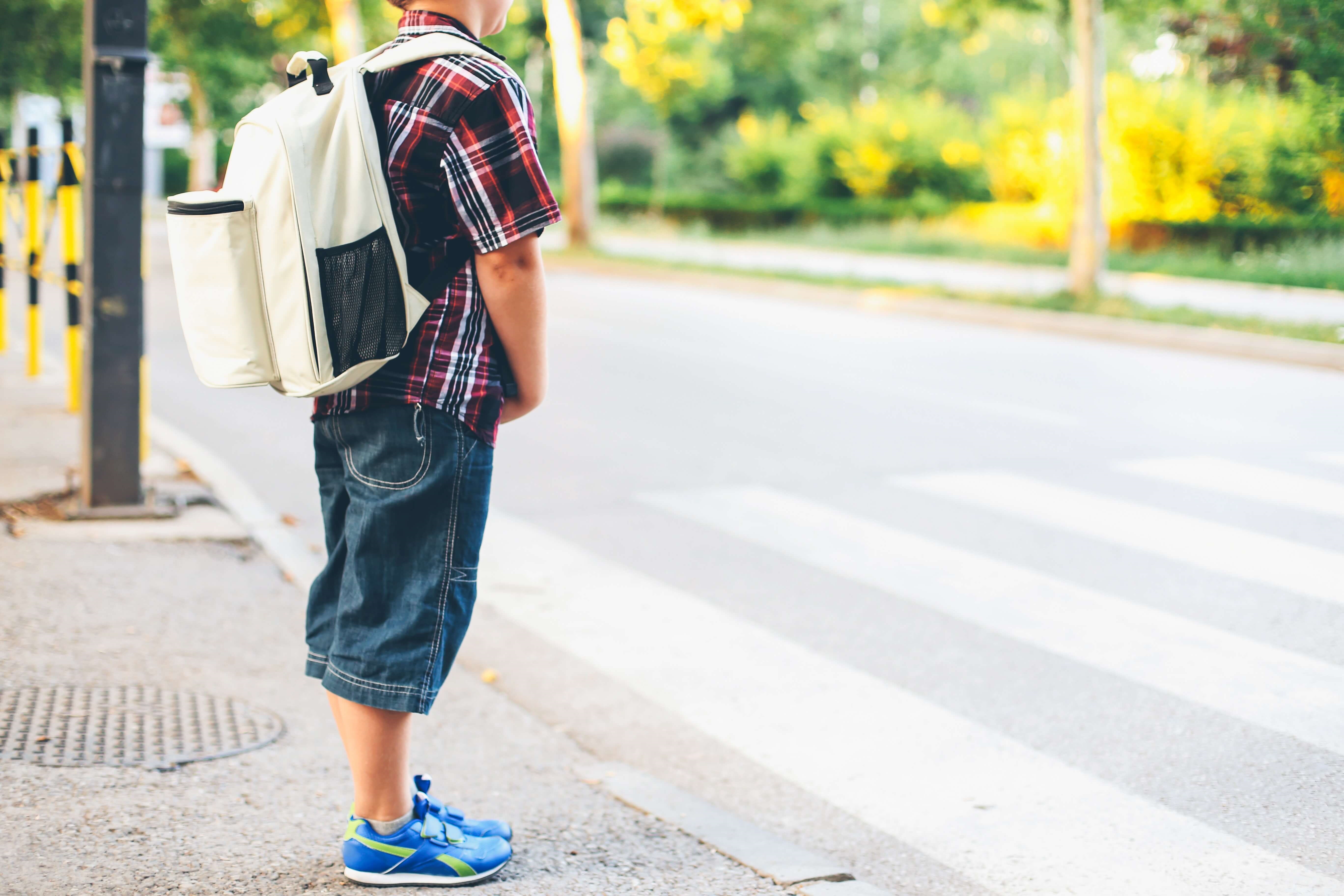5 Questions Every Parent Should Ask To Keep Back-to-School Season Safe
As summer winds down, NSC urges parents to think about issues that might not be top of mind but can pose significant safety risks.
As summer winds down, NSC urges parents to think about issues that might not be top of mind but can pose significant safety risks.

Itasca, IL – More than 50 million children across the U.S. will go back to public school in the coming weeks. Between back-to-school shopping, finalizing classes and meeting teachers, the National Safety Council urges parents to slow down and ask themselves five simple questions that directly impact children’s and teens’ safety:
Data indicates too few people may consider these issues. Weekday fatal crashes involving teen drivers, for example, peak in the hours before and after school. Loading and unloading is the most dangerous time for students who ride a school bus. Backpacks injure as many as 14,000 children each year. More than 200,000 children go to emergency rooms because of playground-related injuries annually, concussion diagnoses are on the rise and 15% of teens do not get enough sleep on school nights.
“We would never forget back-to-school supplies, but we tend to overlook safety,” said NSC President and CEO Deborah A.P. Hersman. “While unintentional injury deaths are the leading cause of fatalities involving school-age children, we often spend more time discussing first-day-of-school outfits than safety.”
To help ensure a safer back-to-school season, NSC recommends:
For additional back-to-school safety information and tips for parents, visit nsc.org/backtoschool.
About the National Safety Council
The National Safety Council is a nonprofit organization whose mission is to eliminate preventable deaths at work, in homes and communities, and on the road through leadership, research, education and advocacy. Founded in 1913 and chartered by Congress, NSC advances this mission by partnering with businesses, government agencies, elected officials and the public in areas where we can make the most impact.
With a century-long legacy, the National Safety Council is a global center for safety expertise. Let's work together to align resources. We look forward to learning about ways we can join efforts to expand safety everywhere!
There are no items in your cart